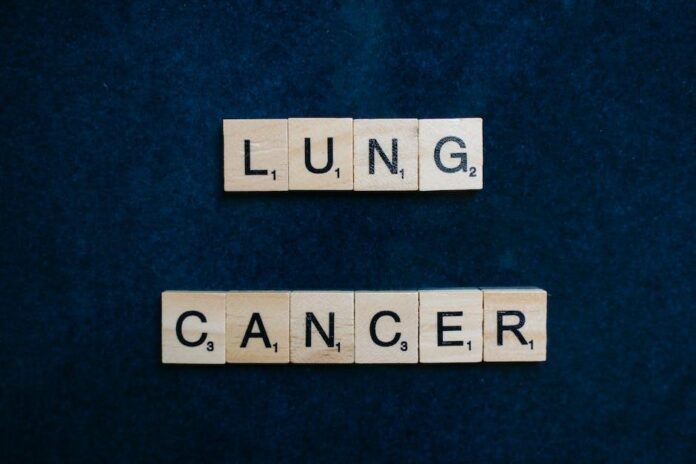
Lung cancer is the leading cause of cancer-related deaths in the United States, and it often goes undetected until it reaches advanced stages. One of the key factors that influence the risk of developing lung cancer is age. Understanding how age affects the risk of developing this deadly disease is crucial for prevention and early detection.
Lung cancer risk increases with age, and it is more common in older adults. According to the American Cancer Society, the average age at the time of diagnosis is 70, and the majority of people who are diagnosed with lung cancer are over the age of 65. This means that as people get older, their risk of developing lung cancer increases.
There are several reasons why age is a significant factor in the development of lung cancer. First, as we age, our bodies undergo natural processes that can increase the risk of cancer. Our cells divide and mutate over time, and the accumulated damage can lead to cancerous growths. Additionally, our immune systems weaken as we age, making it harder for our bodies to fight off cancer cells.
Smoking is the leading cause of lung cancer, and it is well known that the longer a person smokes and the more cigarettes they smoke, the higher their risk of developing the disease. As people age, they are more likely to have been smokers for a longer period of time, which further increases their risk of developing lung cancer. Even if a person quits smoking, their risk of lung cancer remains elevated for many years afterward.
Additionally, age-related conditions such as chronic obstructive pulmonary disease (COPD) and emphysema can also increase the risk of developing lung cancer. These conditions are more common in older adults and are often related to smoking. They can cause damage to the lungs and make them more susceptible to cancer.
It’s important to note that while lung cancer is more common in older adults, it can still affect people of all ages. Younger individuals who are exposed to secondhand smoke, air pollution, or other cancer-causing substances are also at risk. And in rare cases, genetic factors can predispose some people to develop lung cancer at a younger age.
So, what can you do to reduce your risk of developing lung cancer as you age? The most important step is to avoid or quit smoking. If you’ve never smoked, it’s crucial to avoid exposure to secondhand smoke and other environmental toxins. Maintaining a healthy lifestyle, including regular exercise and a balanced diet, can also help reduce your risk of developing lung cancer and many other health conditions associated with aging.
Knowing the risk factors for lung cancer can also help you and your healthcare provider make informed decisions about screening and early detection. The US Preventive Services Task Force recommends annual lung cancer screening with low-dose computed tomography (CT) for adults aged 50 to 80 years who have a history of smoking and meet other criteria. This screening can help detect lung cancer in its early stages when it is more treatable.
It’s also important to be aware of the symptoms of lung cancer, which can include a persistent cough, chest pain, shortness of breath, hoarseness, and unexplained weight loss. If you experience any of these symptoms, especially if you are at an increased risk due to your age and smoking history, it’s important to talk to your healthcare provider.
Understanding lung cancer risk by age is essential for prevention and early detection. As we age, our risk of developing lung cancer increases, but there are steps we can take to reduce that risk. By avoiding or quitting smoking, maintaining a healthy lifestyle, and being proactive about screening and symptom awareness, we can help protect ourselves and our loved ones from this deadly disease. With the right knowledge and action, we can work towards a future where lung cancer is no longer the leading cause of cancer-related deaths.












